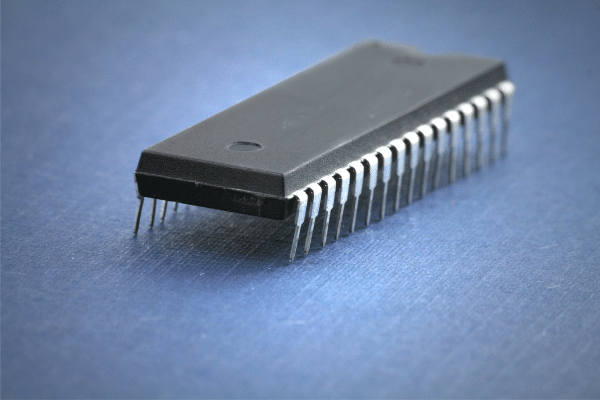
-
Beijing’s crackdown on Alibaba (-0.17%) is worrying investors that it is part of a wider dragnet to bring Chinese tech companies to heel
-
Sharp pullback in Chinese tech stocks is excessive as their long term prospects still strong, Beijing may want to exert its authority over its tech herd but is unlikely to break them up or cull them
Internet entrepreneurs in China have always lived under the cloud of potential enforcement action by Beijing.
Whether it’s been for the anti-competitive behavior of some of China’s internet behemoths, or the substantial clout wielded by super apps such as Tencent’s (+1.28%) WeChat, Chinese tech companies have always maintained an uneasy alliance with Beijing.
But now that once celebrated tech giants such as Alibaba have been censured, investors are wondering when the next shoe will drop, and some are not sticking around to find out.
After an historic crackdown on China’s biggest tech companies last week, some investors are already voting with their feet.
GAM Investments, BNP Paribas Asset Management and JP Morgan Asset Management are among a growing number of asset managers who see more regulatory tightening in China’s clampdown on monopolistic practices, as putting pressure on the country’s leading internet stocks over the next few months.
The Hang Seng Tech Index (+1.05%), where many Chinese tech giants are listed, has already shed a quarter of its value since the rout in Chinese tech stocks began in mid-February.
And the turning point for Beijing was probably last October, when Alibaba founder Jack Ma likened Chinese banks to no more than “pawn shops” and bluntly criticized China for lacking a “financial ecosystem.”
Beijing’s blowback was swift, and very costly for Ma.
Within weeks, Ant Financial’s blockbuster US$35 billion IPO was scuttled as authorities investigated the firm’s conduct of regulated financial activities which eventually forced the restructuring of the company and raised capital requirements.
Then Chinese authorities went after Alibaba itself.
And while Beijing may have stopped short of breaking up the ecommerce giant, it did give it a slap on the wrist by way of a US$2.8 billion fine, which suggests that the worse may be over for Alibaba, but made other tech giants nervous.
Beijing has long had a love-hate relationship with its tech giants – feted globally as symbols of China’s technological superiority, mandarins have also fretted over their lack of control over the lumbering digital behemoths that the Great Firewall of China has helped to foster.
But the selloff in Chinese tech firms may be excessive – in Hong Kong, Alibaba shares have fallen 23% from last October’s peak, food delivery firm Meituan (+1.90%) is down 36% and Tencent Holdings, owner of WeChat has lost 18% from its most recent high on the back of regulatory probes.
The thing about China is that understanding the Chinese Communist Party is an integral part of understanding its markets.
Sure, stocks may take a temporary beating because the sheriff is in town – but Beijing also has an easier job policing a handful of giants rather than many small companies.
And it’s for this reason that Chinese tech companies have all pledged to co-operate with authorities, play ball and over-compensate on getting Beijing’s blessings before making any major moves.
Ultimately the crackdown by Chinese authorities is more about patronage and exercising authority over a sector that had grown increasingly confident of itself and assertive – but that does little to dampen Chinese tech’s sector prospects and profitability.
Beijing will bash a couple of heads in and maybe slap some wrists, but Chinese tech giants will continue to remain that – giants – and for investors looking to load up on the next phase of Chinese growth, that should be all that matters.



